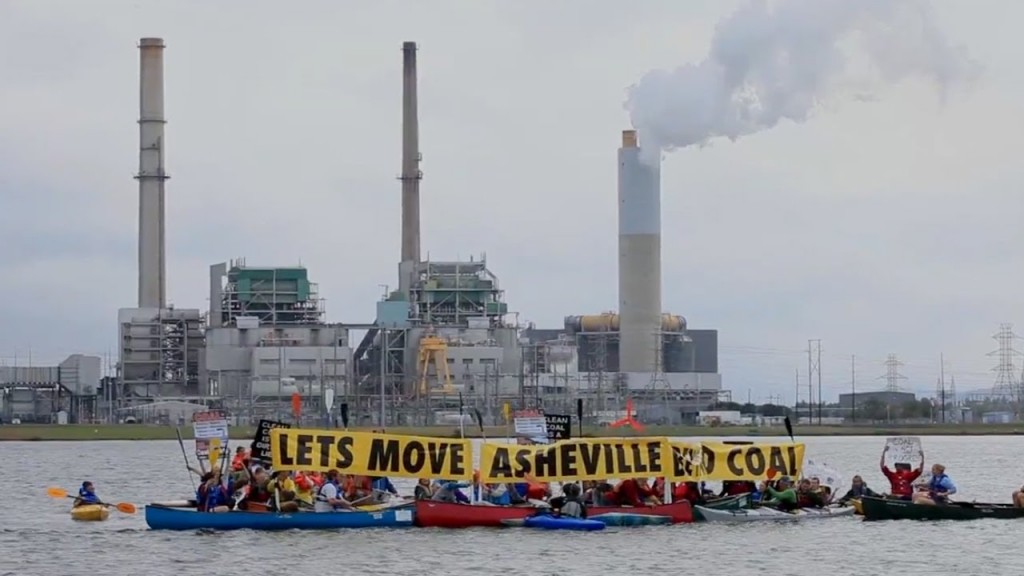Court Rejects North Carolina’s Attempt to Weaken Air Pollution Protections
Court Rejects North Carolina’s Attempt to Weaken Air Pollution Protections
On Wednesday, the Southern Environmental Law Center, who represented Clean Air Carolina, North Carolina Coastal Federation, and Mountain True in the case, and Earthjustice, who represented the Sierra Club, issued the following:
CHAPEL HILL, NC— In a win yesterday for the people of North Carolina and everyone across the country who suffers health problems from breathing soot, the U.S. Court of Appeals for the D.C. Circuit rejected North Carolina’s challenge to federal standards that protect people from increases in dangerous fine particle pollution.
North Carolina waited over three years to seek to weaken the fine particle standards—long after the statutory deadline of 60 days. No other state joined North Carolina in its challenge.
“We applaud the court’s rejection of North Carolina’s baseless lawsuit,” said Myra Blake, attorney at the Southern Environmental Law Center. “This case has been a tremendous waste of North Carolina taxpayers’ resources, as the state chose to expend valuable time and energy challenging an important public health protection, even though it knew the deadline for filing its lawsuit had already passed.”
The court rejected the challenge because it was not filed within the statute of limitations.
“We’re glad the Court rejected North Carolina’s attempt to undermine the public health protections the Clean Air Act guarantees every person living here. Soot kills, and EPA established solid protections against it. North Carolina’s efforts to put profits over people’s lungs rightly failed,” Seth Johnson, attorney at Earthjustice, said.
The Southern Environmental Law Center represents Clean Air Carolina, North Carolina Coastal Federation, and Mountain True in this matter, and Earthjustice represents Sierra Club. These conservation groups intervened in the lawsuit on behalf of the federal government to oppose North Carolina’s attempts to relax the fine particle standards.
“Fine particle pollution is linked to over two million premature deaths around the globe each year, and there is no level of exposure that is considered safe,” said Mike Giles, Coastal Advocate for the North Carolina Coastal Federation. “That’s why local citizen groups representing over 15,000 North Carolinians joined forces to oppose the state’s lawsuit.”
Fine particles come from a number of sources, including coal-fired power plants and motor vehicles, and are linked to significant health problems, including asthma, heart attacks, bronchitis, and premature death.
“We are so glad that reason and science prevails to protect public health” said Clean Air Carolina’s Terry Lansdell. “North Carolina’s attack on fine particle protections would have wiped out substantial progress and pollution reductions that have occurred in the past several decades. The people of North Carolina can breathe easier knowing that this setback was averted.”
North Carolina had attempted to block citizen groups’ participation in the fine particle case, but the court rejected North Carolina’s arguments on this front as well in an earlier decision.
“Rather than promoting the interests of the people of North Carolina, the State actively tried to stifle citizen involvement in this matter. That effort fortunately failed, along with North Carolina’s attempt to rollback protections for people from the mountains to the coast” said Julie Mayfield, Co-Director of MountainTrue.

